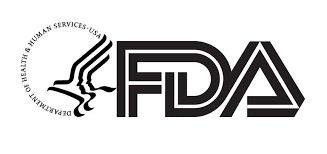Genetically-altered pigs have been authorized for use in food and medicinal purposes by the Food and Drug Administration. Pigs, developed by the medical firm Revivicor, could also be used in the manufacturing of drugs, the supply of transplant organs and tissues, and the production of meat that is safe for people with meat allergies.

“The first approval of an animal biotechnology product for both food and as a potential source of biomedical use, today is a tremendous milestone for scientific innovation,” said Stephen M. Hahn, FDA Commissioner, in a press release.
As they lack a molecule called alpha-gal sugar, which can cause allergic reactions, the pigs are called GalSafe pigs. In certain mammals, alpha-gal sugar is present, but not generally in humans. After a bite from a lone star or deer tick, alpha-gal syndrome (AGS), which triggers a severe meat allergy, can occur. While it has not yet been explicitly tested for individuals with AGS, the FDA has confirmed that GalSafe pork products are safe for the general public to consume.

There are many possible medicinal applications for GalSafe pigs, in addition to their potential for safer consumption. They can also be used to make drugs such as heparin safer for people with AGS, a common blood-thinner extracted from animal tissue. In organ transplants, GalSafe pigs may also be beneficial, as alpha-gal sugar can be a source of organ rejection. The pigs have not yet been checked for the potential for transplantation, so further analysis is required.
This isn’t the first time genetically engineered animals have been approved by the FDA. In 2009, genetically modified goats producing a drug in their milk to avoid blood clots were approved by the FDA. In 2015, salmon became the first genetically altered animal to be approved for consumption, and in that same year chickens that can make a drug in their eggs were also approved. The GalSafe pigs, however, represent the first time that the FDA has licenced a genetically modified product for human consumption and medicinal use.
To be honest, They are Not super pigs. A lack of a particular sugar molecule is the only distinction between them and their unaltered peers. Before using new drugs, transplants, or implants in humans, any developers who want to use GalSafe will have to obtain further FDA clearance.
